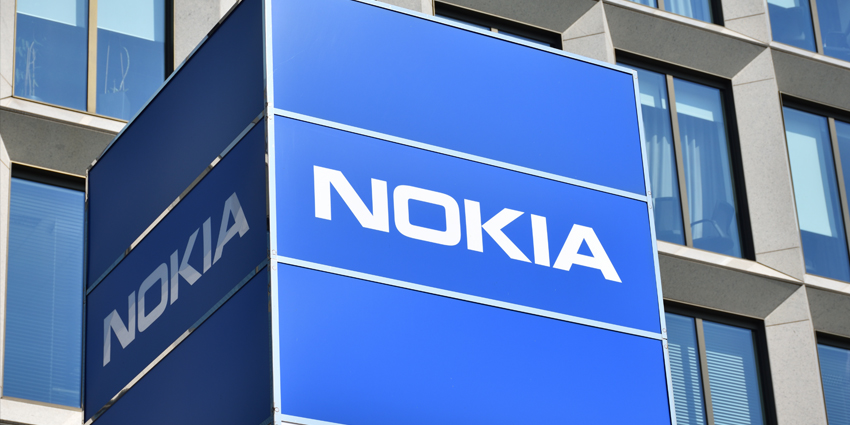US tech giant Facebook revealed on Thursday it had rebranded as Meta to reflect its shift from building social media apps to developing its upcoming virtual reality (VR) ‘Horizon’ Metaverse platform.
During the Facebook Connect 2021 event, Mark Zuckerberg, Meta CEO and Founder, announced the major refocus as well as new product lineups and software upgrades.
Additionally, Meta held a developers keynote speech on maximising the potential of its mixed reality (MR) tools and software development kits (SDKs).
The Menlo Park-based firm also highlighted opportunities for MR developers via its Oculus Start, VR for Good, and Oculus Launch Pad initiatives, which were established to create an inclusive Metaverse to unite communities and grow businesses globally.
Communication and Collaboration
Zuckberg described the Metaverse as a successor to the Internet, adding the platform would allow users to be “truly present with one another” while in VR.
The Facebook Reality Labs team are also working on a unified platform for Meta’s VR services, which will include Horizon Worlds, Horizon Workrooms, Horizon Home, and Horizon Venues.
Horizon Home provides an interactive and social VR home space, where users can seamlessly join each others native home spaces to hang out, play VR games, and access all of Meta’s social media platforms such as Facebook Messenger, in a VR space.
Meta is also building tools for enterprise-grade VR collaboration and communication to create a flexible platform for accommodating different use cases.
Oculus will also integrate several third-party applications such as Dropbox, Slack, and Monday.com in its ‘Quest for Business’ suite of apps which will not require Facebook accounts.
Meta is launching Quest for Business as a beta later this year and will scale up its number of users in 2022 and launch a complete enterprise rollout in 2023.
Powerful New Avatars
With the company pushing for multiplayer VR activities, the firm is advancing Oculus’ avatar system to create an immersive experience with high-fidelity graphics and animation.
Meta will incorporate its groundbreaking Passthrough API and biometrics to improve avatar animations, using eye and face tracking to create natural virtual communications and allow avatars to match user’s expressions and field of view in real-time.
Furthermore, Meta’s Passthrough API tracks a user’s movement and incorporates machine learning to help predict user movements, leading to smoother avatar animations.
Researchers at Facebook Reality Labs are taking the advancements even further by developing hyper-realistic full-body holographic avatars, which are currently in the early research phase.







